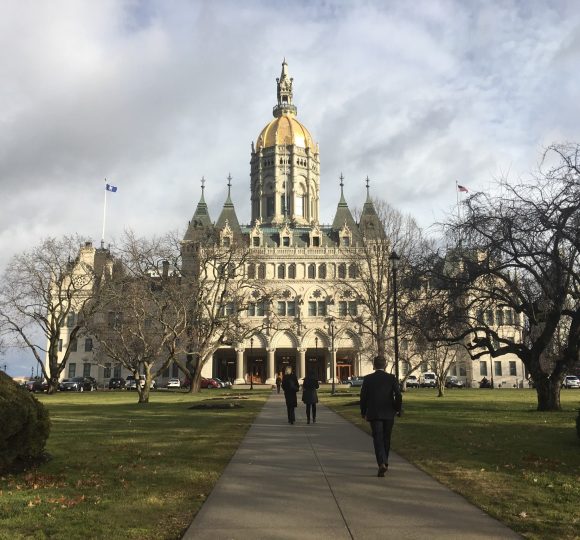This study determines the net fiscal contribution of different land uses in the town of Rochester, New York. The results of the analysis show that for each dollar of revenue received from residential property, the town provides $1.27 in services; for each dollar generated by local businesses, the town spends $0.18; and for every dollar received from farms, forests and open space, the town again spends $0.18 to provide services. These results are in line with similar fiscal analyses of small towns in the Northeast.
These results are not unexpected as the majority of the expenses are for education. School taxes are almost three times the amount of all other property taxes combined (County, General, Highway and Fire) and it is the owners of residential property who receive this service. If education were excluded from the analysis, the ratio of services to revenues is much more balanced, with each category receiving services about equal to what they paid.
Within the Town of Rochester, a large number of residential properties are second-homes. The owners of these properties do not use the schools nor do they use the town services to the same degree as the full-time residents. Further analysis was done to examine the fiscal impact of part time (47%) versus full-time residents (53%). Whereas full-time residents receive $1.99 in services for each dollar in revenue they provide, the part- ime residents only receive 22 cents in services, much closer to that of businesses and open space.
The implications for future growth show the high fiscal burden that new family homes would bring to the area. This same is not true of “second homes” or senior housing, since the residents of those units do not make use of public educational services. Open space (farms, forests and vacant land) and well-planned commercial development are fiscally more beneficial to the Town than expanding the family housing market. The fiscal implications of this study are important for the Town of Rochester as it contemplates its future direction; it must, however, be balanced with non fiscal considerations as well.





